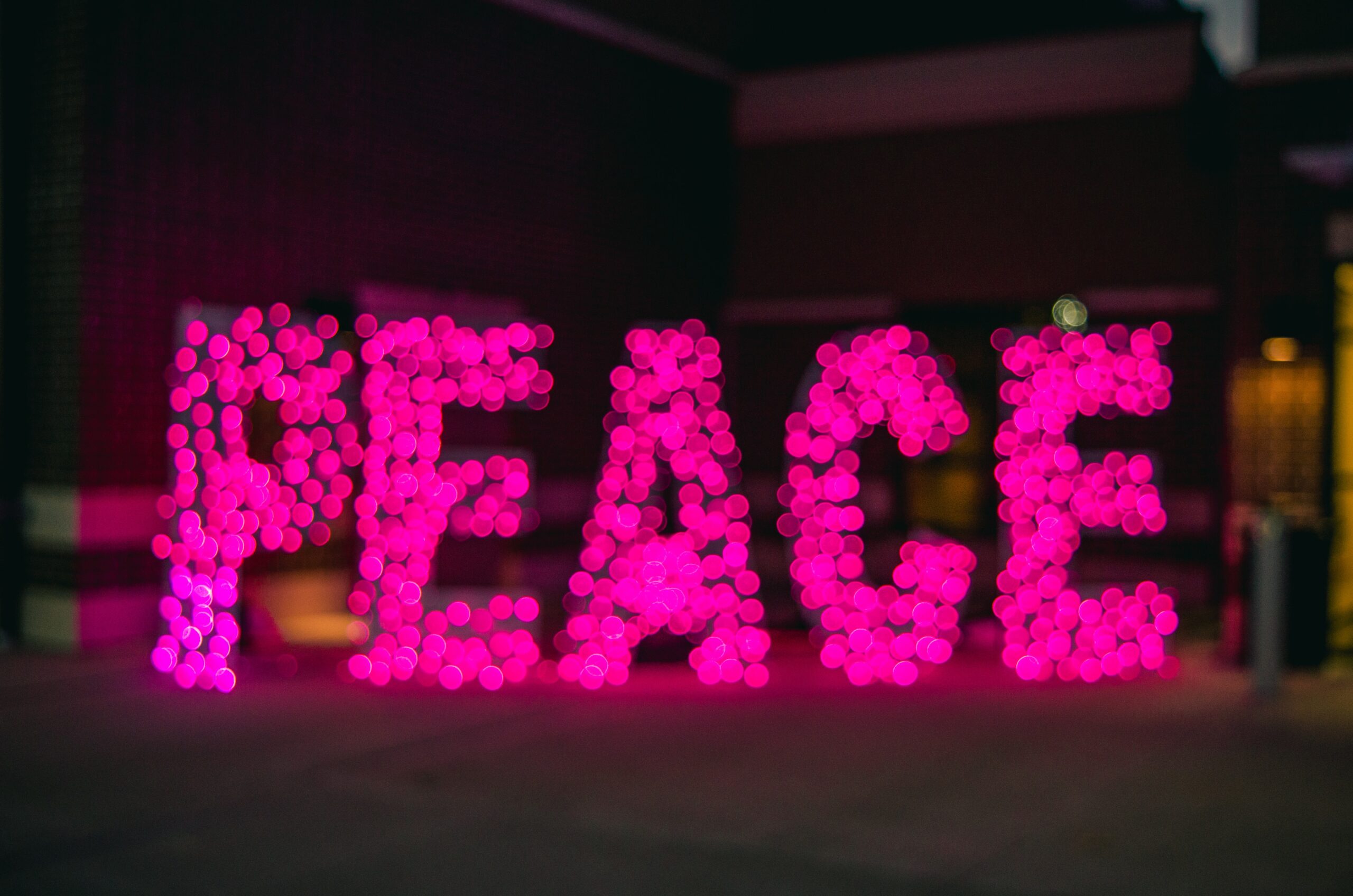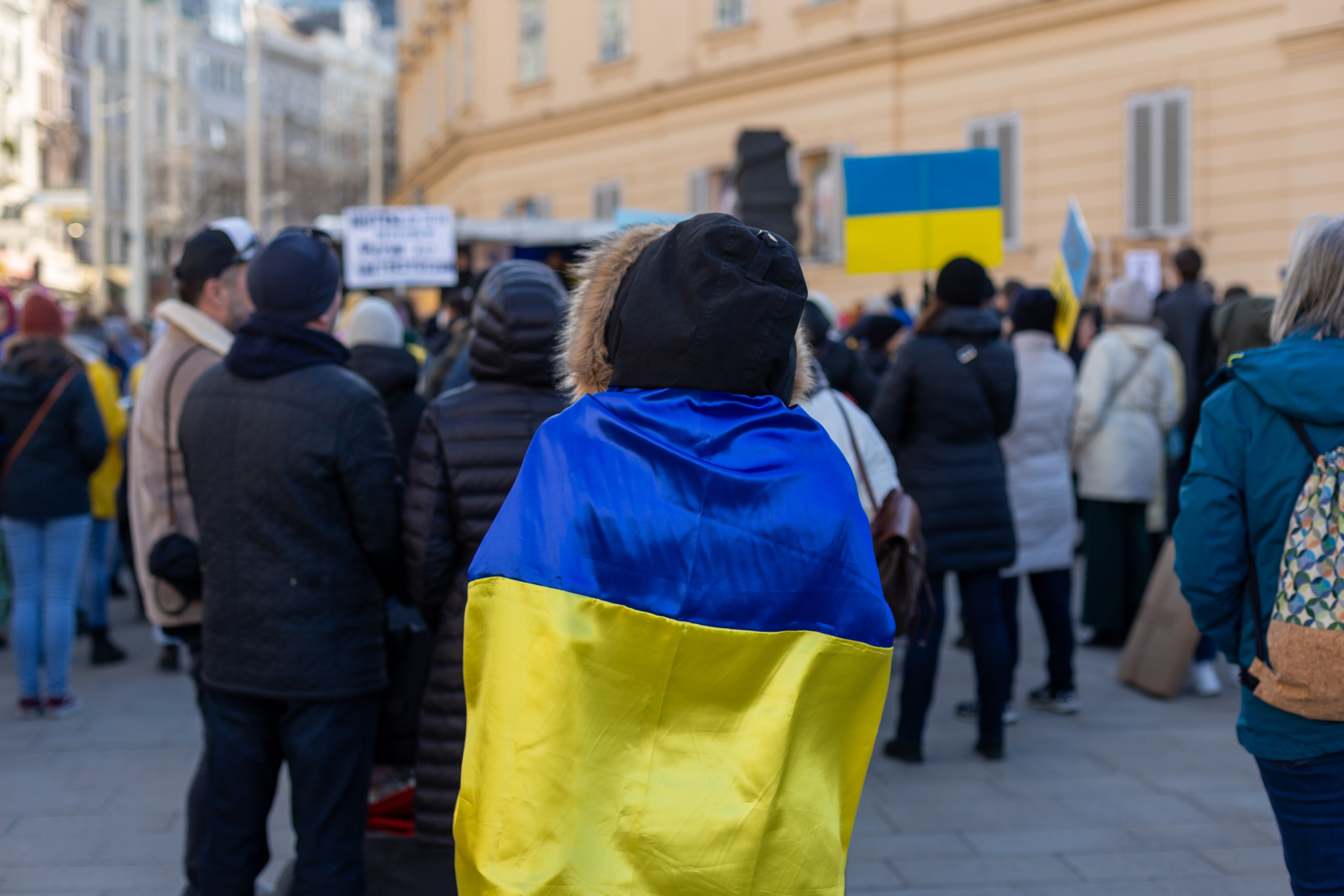A Prime Way to Peace and Agreement through Empathy
De-escalate conflict by connecting with empathy, attention and respect.
 The concept of peace and peacebuilding is in the forefront of many people’s minds, you don’t have to look too far or read in the media the impact of disruption and the message of finding solutions through peacebuilding.
The concept of peace and peacebuilding is in the forefront of many people’s minds, you don’t have to look too far or read in the media the impact of disruption and the message of finding solutions through peacebuilding.
Background
Historically, the most progressive and aggressive populations have traditionally turned to de-humanizing their various opponents in order to create an attitude favourably promoting the enemy’s destruction. Examples of such behaviour in the media can be seen in various conflict zones around the world, such as in Afghanistan, Yemen and Eastern Europe.
When a country, culture, population, or ethnicity is isolated from others, including any situation involving armed groups, one can expect it to be an unrealistic expectation to factor in any sort of empathy towards the development of humanization or the maintenance of such concept.
The various methodologies through which we look at a person or a group of people holds major impact on how we perceive, understand and ultimately respond to them. To put it much more plainly, empathy emerges not as a linear but far more dynamic. Individuals seek to comprehend one another, and, through interaction, they influence each other’s thinking and understanding, resulting in the either helpful or harmful ends.
International Diplomacy and Empathy

The practice of international diplomacy involves using language to reach robust agreements in the presence of ideological and linguistic divides. Diplomacy offers a mechanism for reducing the frequency and intensity of unintended misunderstandings.
A serious problem in contemporary foreign policy-making is the misunderstanding or misjudgement of armed groups by outsiders, resulting in flawed policies and disastrously missed opportunities. Policymakers and politicians frequently find themselves inclined to over-simplify complex problems in order to find similar answers, which can lead to terribly flawed or at least, ineffective policy decisions.
Empathy potentially helps policy-makers to overcome their own biases relating to armed groups or to better understand the root causes and drivers of conflict. Empathy can lead to broad shared understandings, though not necessarily agreements. Diplomats and policymakers empathize however, outside of the small group, this is generally not acknowledged.
While interest within governments in achieving a better understanding of armed groups does exist, those who attempt and approach sometimes find themselves treated from being empathetic to being sympathetic towards such groups, or even approving of them. The end result becomes a destruction of the core intent.
By helping to provide a deeper understanding of the parties, use of empathy has the potential to enable mediators to be more strategic in terms of when and how to address difficult issues. Empathy, in terms of building rapport, can also potentially help to sustain dialogue during periods when talks break down.
If we empathize with others, we need to be conscious about why and how we are empathizing and what purpose it serves. The concept of empathy is to denote imagining the state of consciousness of another. To understand, share with and see the situation from another person’s perspective or point of view is one of the key skills that mediators demonstrate between conflicting parties.
Empathy in this case is clearly not a panacea. It functions as an additional approach that can help to enhance understanding. It may help parties reflect on their own behaviour and how they are perceived by their adversary. It is one of a range of strategies and approaches.
Peacebuilding influences processes of social change, which only occurs through improved human relationships. Investing in and enhancing positive relationships allows practitioners to contribute to social change and conflict resolution. There exists a powerful link between building relationships and the practice of empathy. It can be a game changer. In many cases, it is important for mediators to have a degree of empathy for the groups they work with.
On another level, empathy challenges our own personal biases. Empathy is barely discussed in literature involving peacebuilding because it is seen as feminine quality. One finds an un-nuanced notion that being professional precludes being emotional. Yet, it is also true that a mediator’s level of emotional engagement needs are continually checked and double checked.
The key for any mediator always remains to build trust between the various parties, which usually requires extensive knowledge of the parties and the nature of the conflict. Active listening, engagement, support and guidance come to play in equal parts as situations progress.
Confident parties are often more inclined to empathize as they have strong security and self-assurance to do so. Conversely, research suggests that weaker parties tend to be more adept at empathizing because they are forced to do so in order to protect their interests.
Empathy remains a complex concept and is certainly no cure-all, but it has an important role in this endeavour.
Recommended steps

Organizations and even governments involved in conflict resolution might wish to take these recommended steps:
- Acknowledge empathy: More explicitly, acknowledge the critical role that empathy holds in the practice of peacebuilding and mediation across the spectrum especially its role in expanding understanding, as well as contributing to and shaping relationships.
- Incorporate empathy into standard mediation and then construct concrete peacebuilding steps to take.
- Encourage high self-awareness in both parties: Promote greater consciousness among negotiators regarding how, when and with whom they empathize, as well as the various limits and risks of empathizing.
- Expand selection criteria: Include empathy skills in criteria for the selection of practitioners.
Finally, governments, foundations and educational institutions should support further scientific research, study and discussion among experts, practitioners and policy-makers, on the role of empathy in conflict resolution. This could support a collaborative approach and help to throw more light on this complex and important issue.”
Remember, Empathy is the ability to sincerely identify with and care about another person’s feelings and life experience. It’s impossible to be empathic toward someone you’re judging.
Summary
In the final analysis, Empathy is often misunderstood, yet it’s one of the most important skills you can practice.
Good listening is paramount to successful communication, and you can’t be a good listener if you don’t have empathy. In the end, listening is the foundation. First and foremost, you must listen, and listening is not an art; it’s a learned skill. Clear your mind, and you will find that listening will triple. Adding empathy to your skills and you will compound even more your ability to make better decisions and negotiations overall.
In the final analysis, empathy is not enough in and of itself, but that it’s most certainly necessary.
Who are Minute Mediation?
Minute Mediation is an international mediation and conflict management consultancy supporting businesses and individuals with their disputes and conflicts.
Need mediation services to address a conflict issue? Reach out to our experienced mediators in London and Switzerland today.
We’ve worked closely with many clients to address and resolve all sorts of business issues with our business mediation and workplace mediation services.
Contact us today for a free first consultation.

